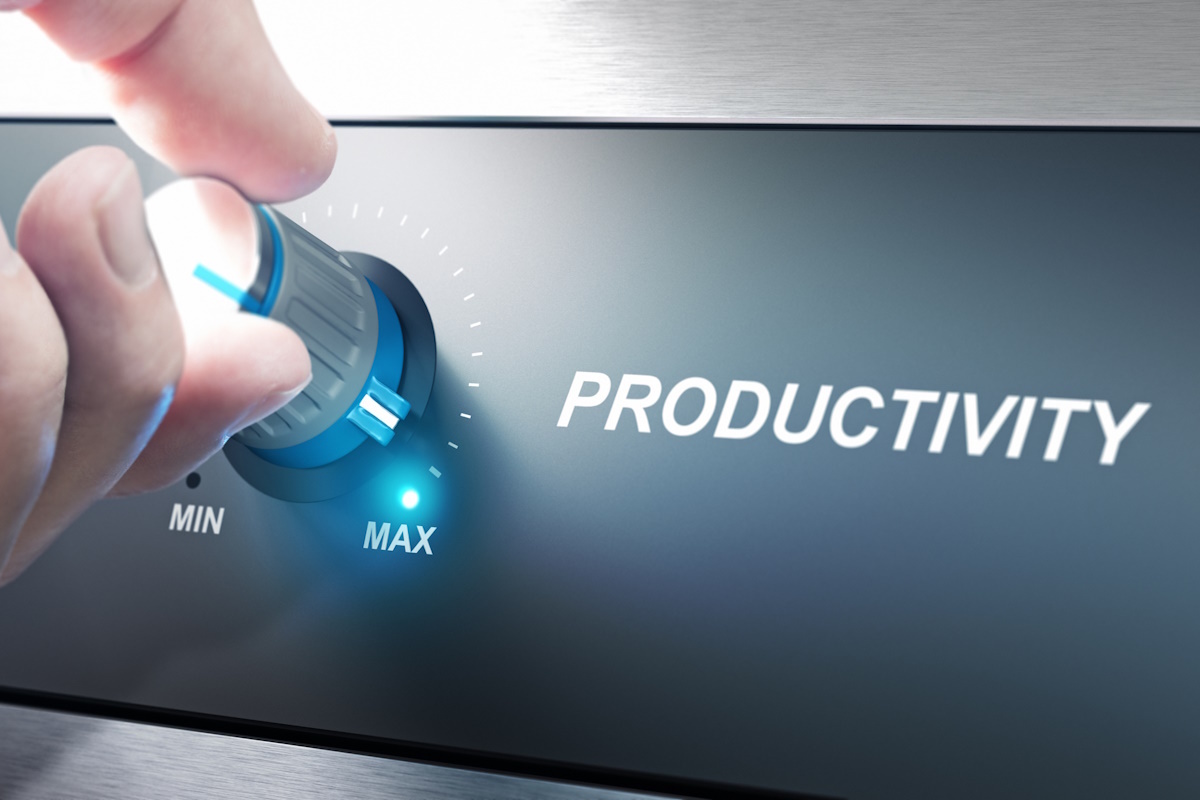Digital friction and the productivity problem

Mark Cresswell at Scalable Software argues that the WFH vs RTO debate must be data-driven to close the trust gap
In just a handful of years, knowledge workers have gone from working all week in an office, to full-time working from home, to hybrid working. For a short time, hybrid working seemed like it was here to stay. But recent months have seen the Work from Home (WFH) vs Return to Office (RTO) battle heat up. In 2024, that battle is set to become even more fierce.
What’s driving the debate are C-Suite concerns over productivity. And with global firms like Amazon and Zoom mandating that employees RTO full-time, many businesses may be tempted to follow suit. But all-too-often, decisions over where employees work are not data-led, rather, they are based on gut feel. As one Amazon exec has commented on calling staff back to the office, “I don’t have data to back it up, but I know it’s better.”
But where does this leave knowledge workers themselves? And with so much work today reliant on technology, how can businesses assess productivity and create WFH/RTO policies if they don’t understand the reality of employees’ digital experiences?
Businesses methods of measuring experiences and efficiency must evolve, or they run the risk of alienating employees while also failing to solve productivity issues.
The scourge of digital friction
The quality of digital employee experiences (DEX) is hugely consequential in how productive knowledge workers can be wherever they are. The bad news for businesses is that DEX is getting worse. Our research finds that while technology is advancing at pace, experiences are not. Almost a fifth (18%) of all knowledge workers (home, office and hybrid) rate the DEX provided by their employer as poor, which is up from 15% in 2021.
One of the main causes of poor DEX is the scourge of digital friction – the unnecessary effort employees must exert to carry out tasks. For example, 47% of knowledge workers experience repeatedly crashing applications, 35% identify the need to continuously switch applications to get work done as a challenge, and 30% cite “notification overload” as a problem.
These common roadblocks to effective work mean a lot of time gets wasted. Knowledge workers say they waste an average 5.55 hours a week due to a lack of the right technology and because of technology that doesn’t work. That time adds up enormously in a workforce of thousands of employees.
The damage to employee wellbeing
Beyond the cost to the business, the human impact should ring alarm bells for IT and HR teams. Increasingly, the responsibilities of IT and HR crossover because so much of work is conducted via digital channels; particularly where hybrid is the predominant work pattern.
IT leaders are trying to meet the technology demands of the workforce wherever they are based. And HR teams are trying to keep staff engaged and satisfied despite the fact they may rarely see employees in person.
Worryingly, our data shows that many businesses are failing on both fronts. Knowledge workers are forced to work an additional 3.1 weeks a year because of poor DEX. Not surprisingly in light of that finding, almost a third (29%) of knowledge workers said poor DEX has made them consider leaving their job, and crucially, half say it makes them less productive at their job. Clearly, this is not sustainable for businesses or employees.
One-size-fits-all is not fit for purpose
The takeaway for businesses is that many are failing to deliver a digital experience that empowers knowledge workers to be productive and protects wellbeing, regardless of their location.
Moreover, simply mandating that all employees return to the office is a surefire way to alienate employees. While half of knowledge workers recognise their employer has “productivity paranoia”, more than a third (35%) also say they resent being told they must go into the office for a set number of days.
This trust gap between employer and employee doesn’t benefit anyone. But it doesn’t have to be this way. DEX analytics have matured significantly – and deliver a nuanced and sophisticated view of how digital experience influences the workforce.
With insights from data across all endpoints and applications in the enterprise, IT and HR leaders can create KPIs to objectively quantify productivity and remove blockers that hold employees back. For example, application stability, frequency of application switching, and excessive out of hours working.
The positive news for businesses is that most (55%) knowledge workers are open to their employer using DEX software to gather such data on working patterns and trends if it enables them to demonstrate they are working efficiently from home.
It’s time for businesses to evolve measurement practices that equate office attendance with business outcomes, and instead take a data-driven approach to eliminating the issues that impact productivity and wellbeing.
Ultimately, one-size-fits-all policies that dictate how and where employees work are not fit for today’s modern digital workplaces.
Mark Cresswell is Co-Founder at Scalable Software
Main image courtesy of iStockPhoto.com

Business Reporter Team
Related Articles
Most Viewed
Winston House, 3rd Floor, Units 306-309, 2-4 Dollis Park, London, N3 1HF
23-29 Hendon Lane, London, N3 1RT
020 8349 4363
© 2025, Lyonsdown Limited. Business Reporter® is a registered trademark of Lyonsdown Ltd. VAT registration number: 830519543





